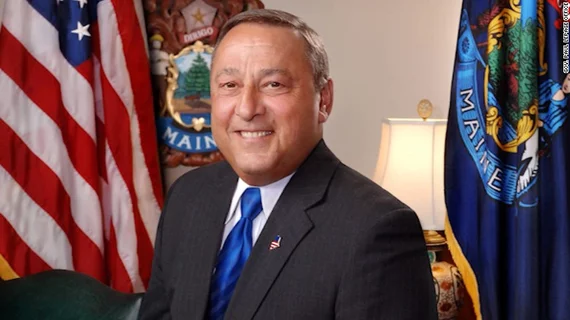Maine’s stalled Medicaid expansion heading to court
The expansion of Medicaid eligibility in Maine may be settled in a lawsuit over Republican Gov. Paul LePage’s efforts to block the expansion after it was passed by a voter referendum in 2017.
Maine became the first state to approve Medicaid expansion at the ballot box. Despite 59 percent of voters approved of expansion, LePage has taken several steps which have stalled its implementation—first outright refusing to implement it, then arguing it had to be funded without tax hikes or use of surplus state funds while using a cost estimate disputed by the state legislature.
The state’s HHS missed an April 3 deadline to submit a plan to HHS for expansion, leading to the lawsuit from Maine Equal Justice Partners along with groups like the Maine Primary Care Association being filed on April 30.
“Although this case arises in the context of a complex social and political debate, this Court’s task is limited,” the complaint reads. “Quite simply, a single question of law is presented: When a statute unambiguously mandates that the Department of Health and Human Services (DHHS) take a specific action, must DHHS comply? The answer, of course, is yes.”
The suit argues the act approved by voters gave no discretion to the state department on when the expansion should be implemented or if it should be at all. It’s asking the court to force Maine’s HHS to submit the expansion state to CMS within three days and do so quickly, ahead of the July 2 date social services agencies had been preparing for the 80,000 people expected to become newly eligible for Medicaid.
Similar scenarios could play out in other states seeking to expand Medicaid by referendum. The group Reclaim Idaho has said it gathered the necessary signatures to place the question on the state’s ballot this fall, but gubernatorial candidate and U.S. Rep. Raul Labrador, R-Idaho, said during a recent debate that if he’d consider overturning the voters’ decision. Idaho’s ballot referendum process allows state lawmakers and the governor to change, repeal or replace laws passed by voter initiatives.

